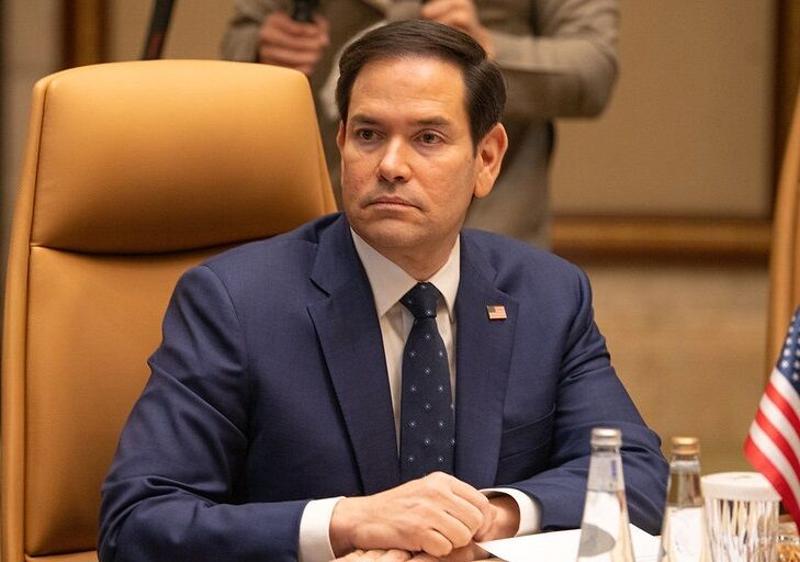A former executive at the U.S. Agency for International Development is disputing claims by an international human rights organization that the Trump administration’s foreign aid cuts have caused mass suffering.
The administration’s cutting of 90% of USAID foreign aid contracts has sparked debate over whether American tax dollars have funded global humanitarian policies, or a giant organization rife with corruption and wasteful spending. A new report from Amnesty International suggests the cuts have threatened, stalled or shuttered life-saving programs across the world.
However, Max Primorac, who worked in the foreign aid sector for over 30 years, told The Center Square that “there’s a lot of problems” in the foreign aid sector and said claims that thousands are dying “have no credibility.” Primorac launched the Bureau for Humanitarian Assistance while at USAID and later served as its acting COO.
“It’s incredible to blame America for millions of people dying. Number one, they [Amnesty International] don’t have any documentation, any proof. And second, the primary responsibility of providing for citizens overseas are their own governments, not the American taxpayer,” Primorac said.
According to the report, dozens of impoverished and conflict-ridden countries have seen multiple aid services cut, creating “a life-threatening vacuum” that other governments and aid organizations “are not realistically able to fill in the immediate term,” according to Amanda Klasing of Amnesty International USA.
Anonymous sources interviewed by the organization said programs and clinics in Guatemala, Haiti, Afghanistan and Yemen that support sexual and gender-based violence survivors have been impacted by the cuts.
The cuts have also purportedly interrupted emergency nutritional support in Syria, Yemen, Haiti and South Sudan, as well as HIV prevention and treatment programs in Haiti and across east and southern Africa.
Refugee and migrant services in Thailand, Myanmar, Costa Rica, Mexico and other countries have also been partially suspended or scaled back.
“It is a false choice that the U.S. government has to choose between addressing the economic needs of Americans or the rising cost of living here in the U.S. and development and humanitarian assistance abroad,” Klasing said, noting how foreign aid represented about 1% of the total U.S. budget before the aid cuts.
“The U.S. has a global responsibility and interest in providing support to the most marginalized,” she added.
But Primorac dubbed the Amnesty International report “a progressive political hit job” on the Trump administration.
“The fundamental problem that we have is that the aid sector, number one, is politically very radical. Many of these organizations were supporting Hamas. And in terms of humanitarian assistance in the countries that they talk about, I know these countries very well — Afghanistan, Yemen, Syria, Gaza — and we have a very big problem in terms of diversion of aid to bad actors,” he said.
As The Center Square previously reported, Primorac has testified before Congress regarding corruption, waste and mismanagement he witnessed in the foreign aid system, including lobbying efforts to tank legislation that would have increased transparency in USAID spending.
USAID has come under fire for its involvement in coronavirus research in Wuhan, China, in 2019, its alleged funding of gender ideology initiatives in dozens of countries, and its sponsoring of armed terrorist groups, among other things.
“It is a self-interested foreign aid industrial complex that has no credibility,” Primorac told The Center Square. “Instead of using taxpayer money to help alleviate poverty, what they have done instead is create a permanent global welfare program that doesn’t help these people, that keeps them poor, keeps them hungry. This aid dependency has destroyed the ability of these countries to get off aid.”
Primorac called the report a “missed opportunity” to discuss how the U.S. can better administer aid to needy countries given the increasing amounts of foreign aid and “no progress.”
“These are the true ways in which to generate wealth and fight poverty in these countries, not welfare programs,” he said. “Under the leadership of Secretary Rubio, the United States has a unique opportunity to move away from these traditional welfare-based programs to promoting more trade and investments.”






